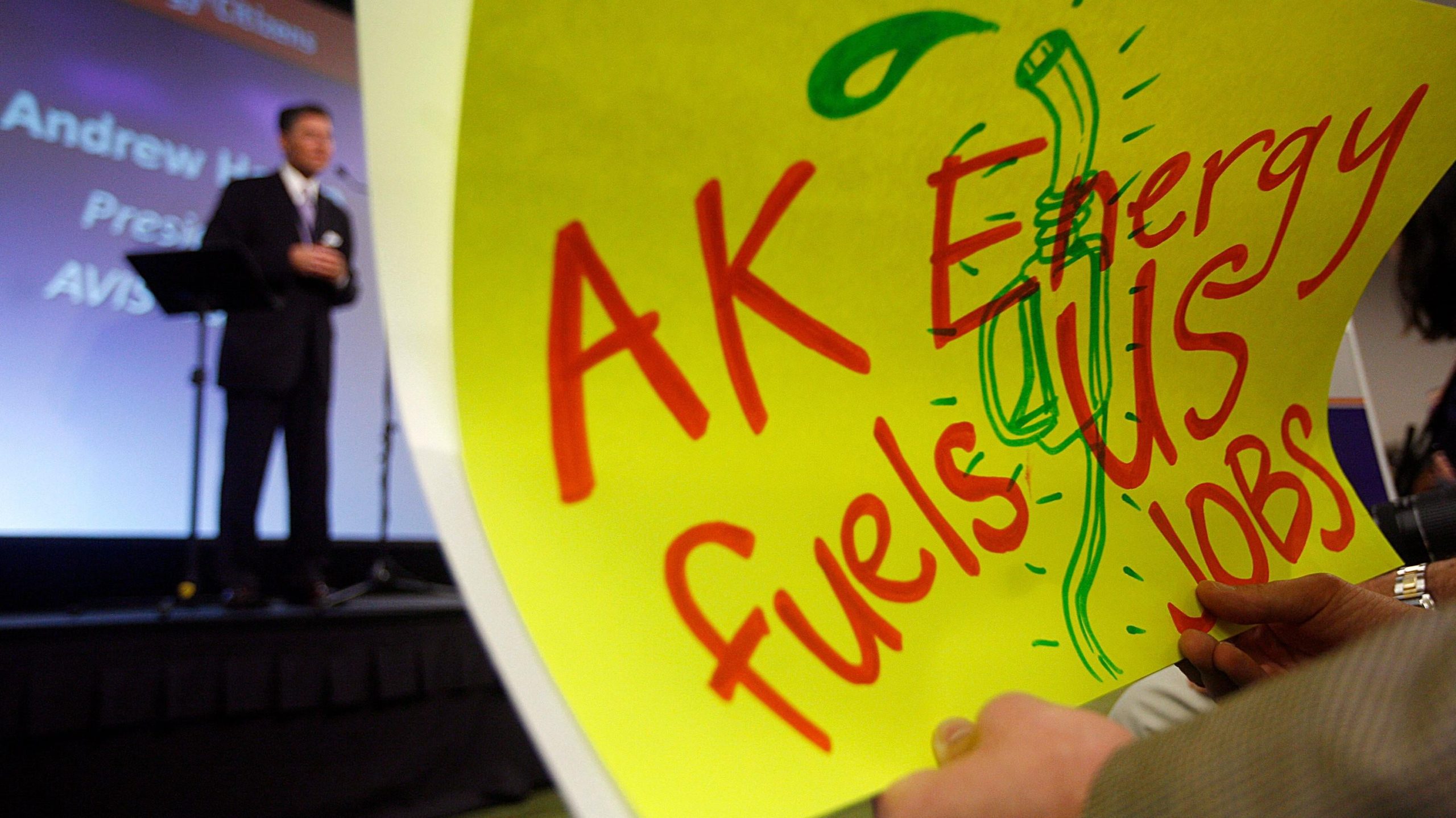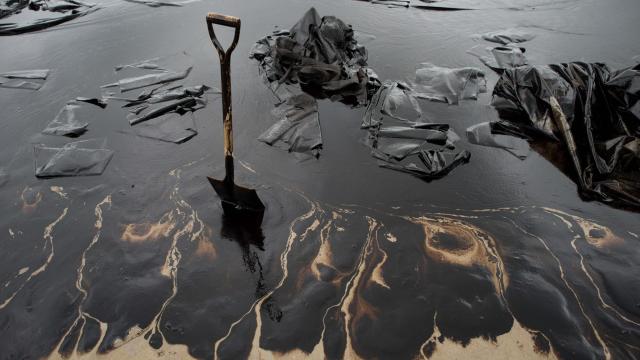Oil companies haven’t acted alone in deceiving the public and stopping climate action. They’ve had a major assist from some of the world’s most profitable public relations companies, a relationship that has gone largely unexamined until now. A study released Tuesday in the journal Climatic Change is the first to thoroughly document the role PR firms have had in helping fossil fuel companies finesse their public image and manipulate science to fit their messaging.
PR agencies and ad campaigns are responsible for many of the terms people still use today to make fossil fuels seem less bad than they are, including “clean coal,” “renewable natural gas,” “coal country,” and “carbon footprint.” Despite their heavy influence in propping up the industry, PR firms’ work is designed to be invisible; firms don’t always advertise the work they’re doing or which clients are paying them, especially when it comes to sensitive topics like the fate of the planet. Compiling the research for this study and accompanying summary involved exhaustively combing through industry news, announcements, case studies, and other materials, including years of past issues of PR and ad industry trade magazines.
“It was an enormous amount of real drudge work,” said Bob Brulle, the lead author of the study and a visiting professor at Brown University.
The result of that work is a compelling account spanning decades of how PR firms have worked hand-in-hand with polluters to craft companies’ images and messages. Many of the firms use what the study’s authors call “front groups,” or employing paid or unpaid outside actors to promote certain messaging. It’s akin to astroturfing, which companies sometimes employ to appear to have more support than they do. The firm DDC Advocacy, for instance, ran two front groups for the American Petroleum Institute ,the industry’s leading lobbying group, between 2012 and 2017 to give the appearance of a grassroots group of Americans united in favour of fracking.
A number of PR firms identified in the study have worked on campaigns for polluters and environmental causes or organisations. New York-based Ketchum ran campaigns for ExxonMobil and Russian-based gas company Gazprom in 2014, just a few years after leading PR efforts to promote the 2009 United Nations climate change conference in Copenhagen.

Edelman and Weber Shandwick, the world’s top two PR companies, have each had years-long relationships with polluting clients and earned millions of dollars from them. Yet despite this long history of working with polluters, big names in the industry have faced barely any criticism for their work. “It’s an opaque universe that people seem to want to ignore,” Brulle said.
Some of Brulle’s past scholarship has focused on tracing money that goes into think tanks and advocacy organisations that promote climate denial and attempt to stall action, including big names like the Koch brothers and the Heritage Foundation. A study he published earlier this year estimated that an average of $US36 (A$50) million a year is funneled into various dark money groups to promote climate denial.
“I can show you one contract between API and Edelman for $US75 (A$105) million dollars for one year,” Brulle said. (API, the study found, has paid Edelman at least $US439 (A$618) million for campaigns since 2008.) “We talk about ExxonMobil, Koch Brothers, and three or four conservative think tanks. If that’s all you talk about, you’re talking about 5 or 10 per cent. What about the other 90% going to these PR companies and all the money that’s spent on media coverage, pitching media, editorials, messaging, crisis reputation management, all those things they can do?”
The good news is that PR firms can be pretty sensitive when you call them out. After we reported on firm Carmichael Lynch’s Gen Z-focused work with Conoco Phillips, the firm quietly removed a statistic from its case study on the partnership that bragged about how many additional barrels of oil the campaign helped sell. (Of course, that also means it may be more stealthy about future work with polluters.) Activists have also recently targeted Edelman in a celebrity-studded campaign pressuring the firm to ditch Exxon and its other fossil fuel clients. In response, Edelman launched an initiative to highlight its greener efforts. For an industry so focused on public image, shining a spotlight on the dark corners may actually make change happen.
